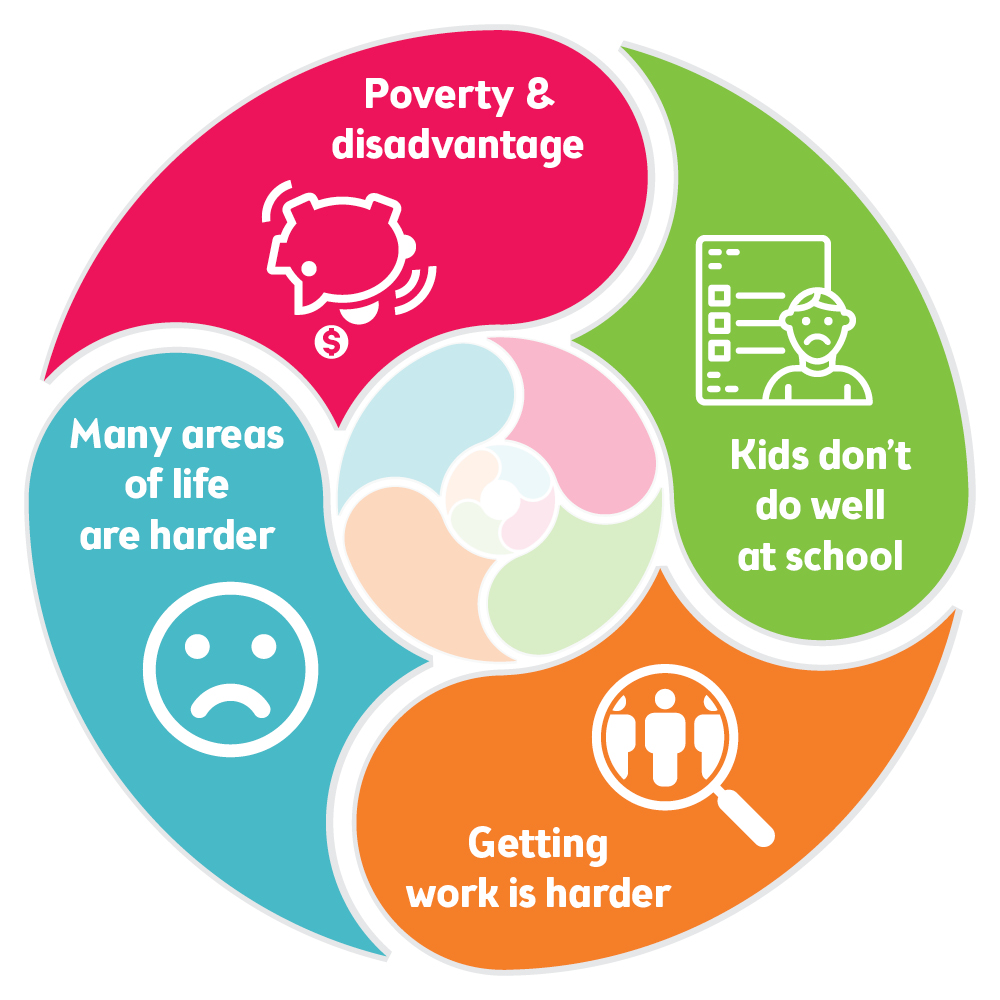Delpit, The Culture of Power 5 points
1. Issues of power are enacted in classroom.
- Students have no control over the teacher
- What the teacher teaches
- How they "hold" their classroom (appearance): seating charts

- Teachers own bias or favoritism - Teachers have little to no control over administrators
- Curriculum is instituted by the school administration/school department
- If teachers stray from curriculum
- School has such an innate, built in hierarchy, it’s very hard to picture or come up with a way of how to change the power structure.
From the text: “Children from middle-class homes tend to do better in school than those from non-middle-class homes because the culture of the school is based on the culture of the upper and middle classes - of those in power” (page 25)
2. There are codes or rules for participating in power; that is culture of power.
- There’s privilege and hierarchy in participating in power. There is Structure to power, such as, speaking ability, dressing ability, and writing ability. If you don’t meet the exact criteria you’re less likely to gain power.
Quote from text: “The rules of the culture of power are a reflection of the rules of the culture of those who have power. This means that success in institutions - schools, workplaces, and so on - is predicated upon acquisition of the culture of those who are in power.” pg.25
3. The rules of the culture of power are a reflection of the rules of the culture of those who have power.
- Those who have power are the ones that dictate how our culture functions
- They reason behind this logic is money = power
- “The upper and middle class sent their children to school with all accoutrements of the culture of power” but other kinds of cultures who are also in those schools are predicted to have a harder time succeeding
- “Those with power are frequently least aware - or at least willing to acknowledge - its existence. Those with less power are often most aware of its existence.”
4. If you are not already a participant in the culture of power, being told explicitly the rules of that culture makes acquiring power easier.
- We have to teach the rules and codes of power and help students value and preserve their home culture at the same time
- We should not assume someone knows the culture of power, explaining it directly makes it easier to understand
- With Wind-Wolf, if he knew “explicitly” the rules of the classroom, he may have a better experience in school. If someone told him exactly what was expected in the COP, things might have gone smoother.
Quote from the text: “Members of any culture transmit information implicitly to co-members.”
5. Those with power are frequently least aware - or least willing to acknowledge - its existence. Those less power are often most aware of its existences.
- Because one is unaware or unwilling to acknowledge their privilege they unknowingly act in ways that reaffirm just how privileged they are to those who don't have it
- Often I see those with more privilege come to my home and look around and say it's cute in a condescending way. I personally have done it myself and caught myself and apologized.
- Nonwhite educators are being left out of the conversation concerning how to best educate children of color
- In elementary school, I had no nonwhite educators and maybe a few children of color. When I went into middle school it was a completely different environment and I felt bad for the nonwhite teachers because there weren't that many nonwhite teachers and there was a great minority at my school.


